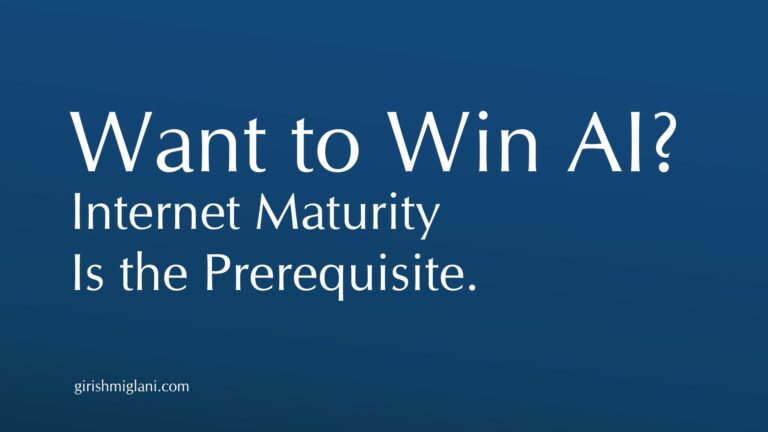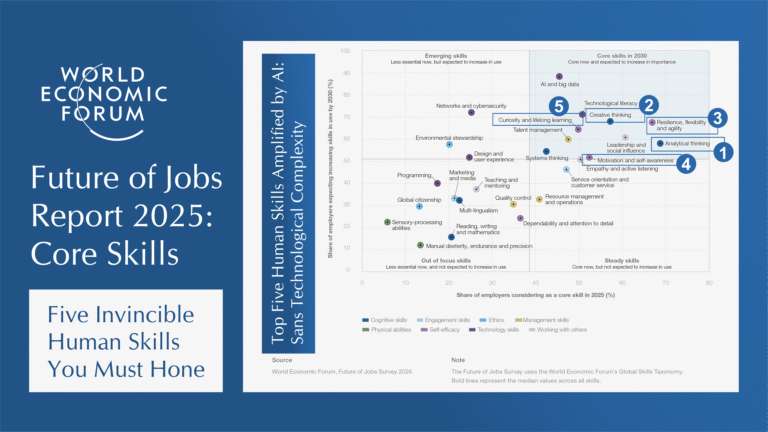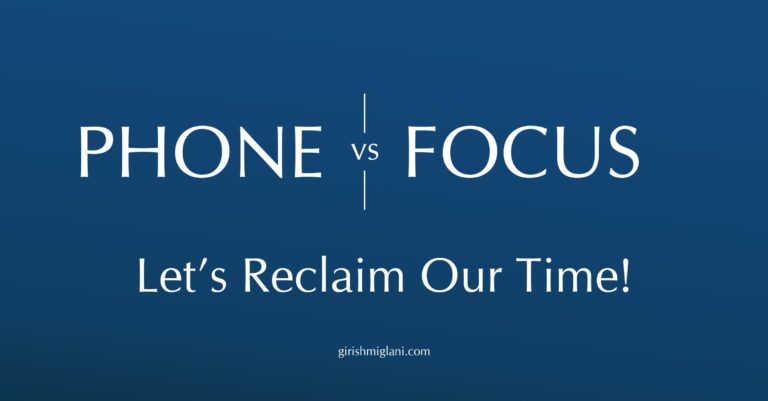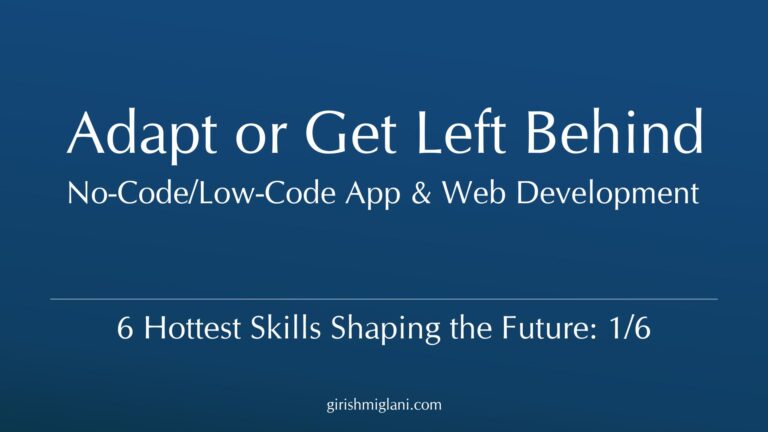Learning to Learn: Your Growth Blueprint
My exploration of what I wanted to do for the rest of my life culminated when a friend offered to teach me manual screen printing. That moment sparked a journey fueled by curiosity and a lifelong passion for printed graphics. Later, working as a screen printer and watching designers putting together the graphics for my printing tasks inspired me to teach myself graphic design. This pivotal step transitioned my blue-collar work to a creative profession. As I constantly refined my skills as a designer, someone’s impromptu lesson on PowerPoint launched my career onto a highway — I excelled in creating presentations, produced countless PPTs, and even ventured into corporate filmmaking. Although this broadened my horizons, I eventually decided to go solo, niching to Communication and Skill Learning.
If there’s one takeaway from my journey, it’s this: learning the right skills can transform your life — especially when you know what to learn to do what you love. And that’s a crucial insight. In the era of AI and ML, learning has become indispensable, but even before that comes something fundamental: ‘Learning to learn,’ technically termed meta-learning.
How do you learn?
I could say, “Be curious, and you will learn.” But that would be an excessive simplification. There’s a lot more to it. Beyond acquiring knowledge, it’s about absorbing, processing, adapting, and improvising. This is the lifeblood of sustained personal and professional growth.
Why Meta-Learning Matters
Meta-learning, or learning about learning, is a transformative approach that empowers individuals to understand and refine their learning processes. Education researcher John Hattie underscores the power of meta-cognition — planning, monitoring, and evaluating one’s learning strategies. These habits amplify learning outcomes and enable adaptability across diverse challenges, boosting resilience and sharpening problem-solving skills.
The Urgency of Lifelong Learning
In today’s world, disruption is the norm. Hence, stagnation is not an option. A World Economic Forum report predicts that over half of the global workforce will require significant reskilling by 2025 (and we are already at its doorstep). This fact makes the art of lifelong learning not just worthwhile but necessary. Continuous development of skills, particularly in emerging fields, ensures individuals remain relevant and competitive despite transforming industry landscapes.
Cognitive Science: A Guide to Effective Learning
The science of learning proposes powerful tools to optimize knowledge retention and skill mastery. Carol Dweck, the author of Mindset, reveals that belief in one’s capacity to grow through effort and persistence leads to higher achievement and resilience. Moreover, spaced repetition, active recall, and interlaced practice enhance understanding and memory retention, making them indispensable for learners of all ages.
Enhance Your Learning Skills
- Define Your Purpose: Align learning objectives with SMART criteria—specific, measurable, achievable, relevant, and time-bound—to stay focused and motivated.
- Develop Effective Habits: Incorporate techniques like the Pomodoro Technique to maintain concentration while balancing productivity with rest.
- Seek Feedback: Engage with peers, mentors, or coaches to refine learning strategies and identify blind spots.
- Stay Adaptable: Experiment with diverse learning strategies and embrace new tools and technologies that suit you best.
In conclusion, learning how to learn is not merely about acquiring new knowledge; it is a vital skill that facilitates versatility, resilience, and sustained growth. As Tony Buzan, the author of Mind Map Book, suggests, the ability to master learning outperforms disciplines and becomes a lifelong companion in navigating success. In a world of infinite possibilities, those who harness the art of learning will thrive, regardless of the challenges ahead.




